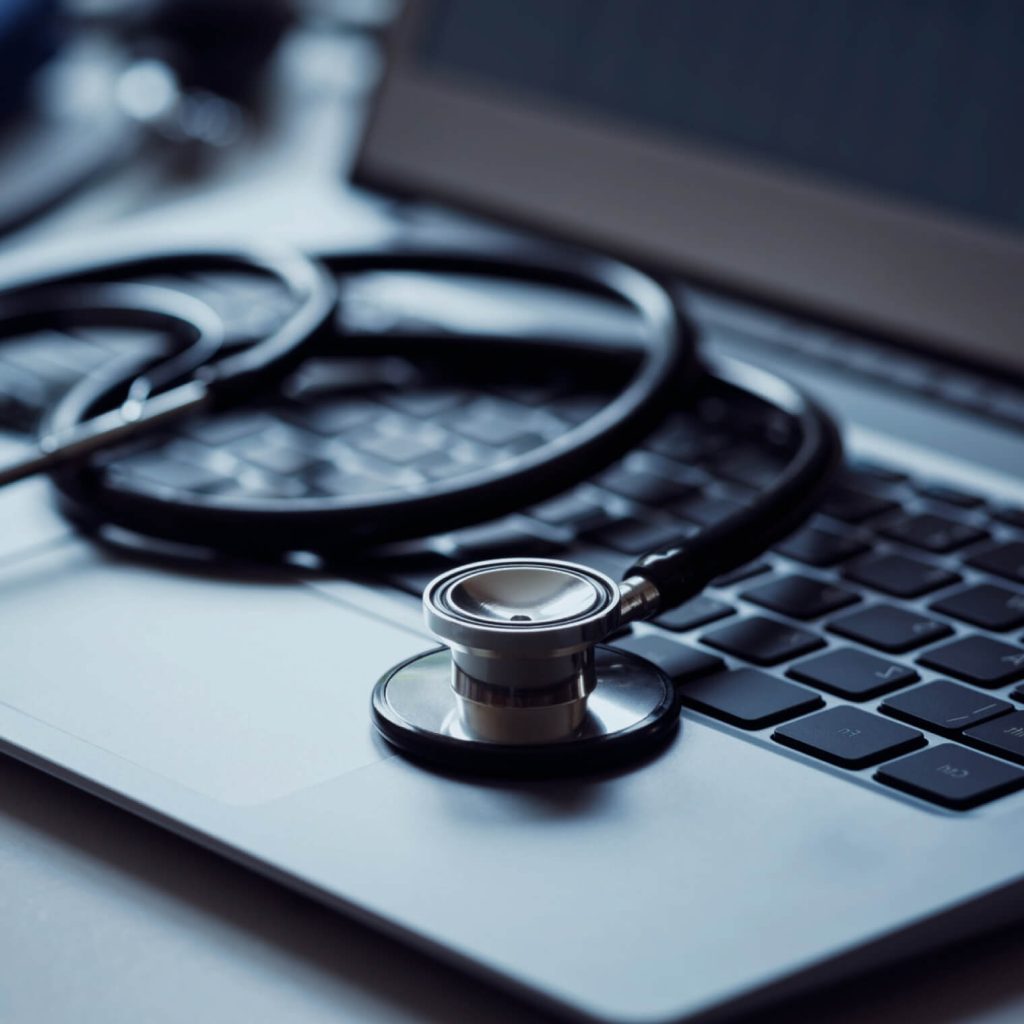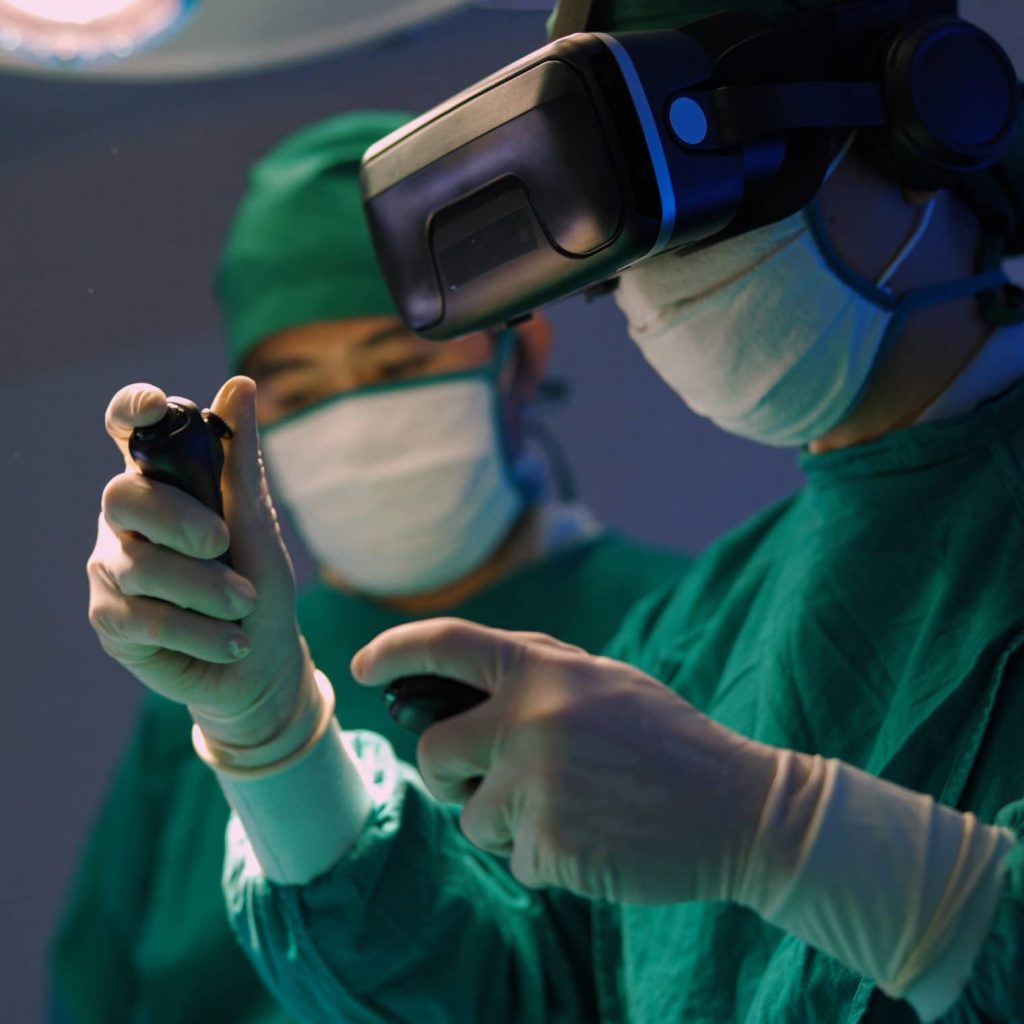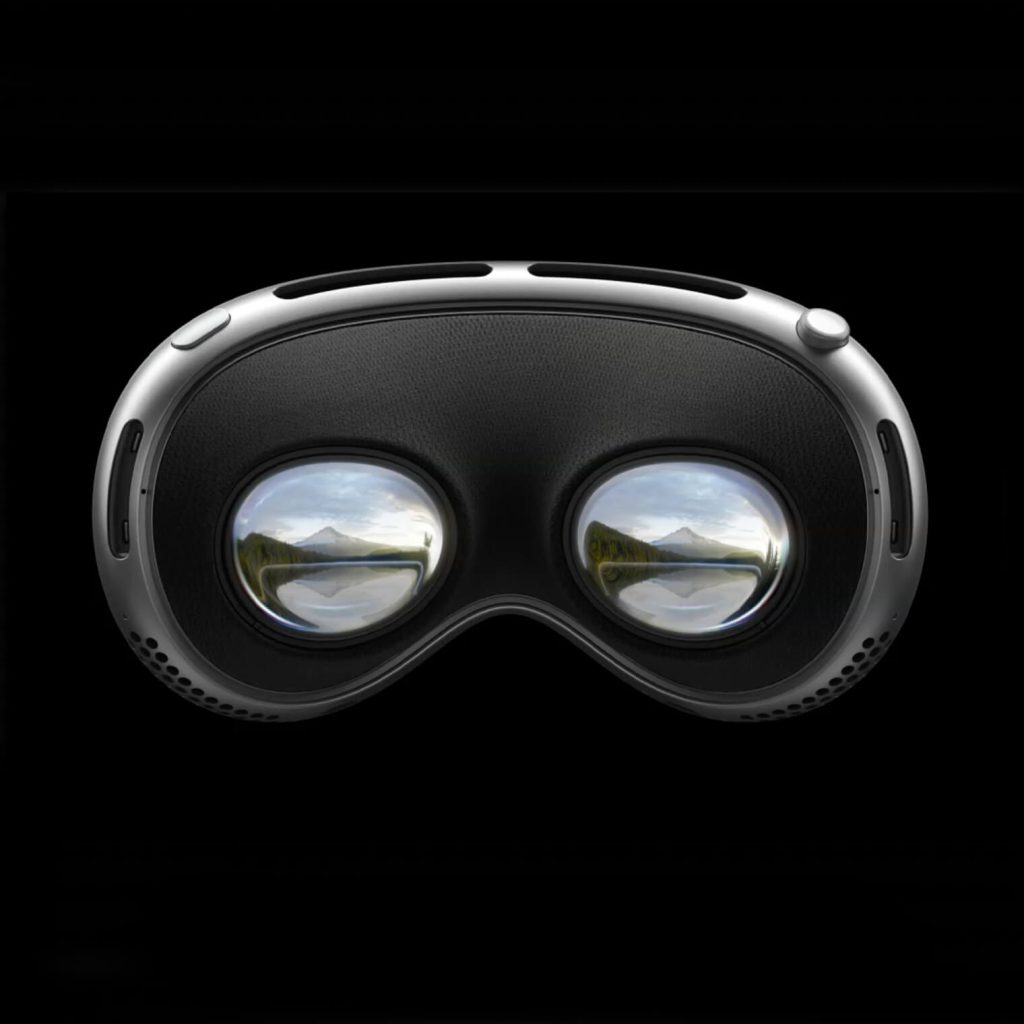Global digitalisation has transformed many industries, and the medical sector is no exception. Even though technology solutions have always been vital to this industry, the recent COVID-19 pandemic has only emphasised how necessary healthcare software development services are.

What is healthcare software development?
Healthcare software development is developing solutions and tools for medical organisations to help them improve operations and provide better care, including electronic health records (EHRs), wearables, patient portals, telehealth platforms, and more.
However, developing software for the healthcare industry has its challenges. Several strict regulatory and compliance requirements must be adhered to, such as the Healthcare Information Portability and Accountability Act (HIPAA), which governs the privacy and security of patient data, and the Emergency Medical Treatment and Labor Act (EMTALA), which regulates access to emergency services regardless of a patient's insurance coverage or ability to pay. Healthcare providers must also ensure their software systems comply with other regulatory standards set by organisations like the FDA approving medical device software development.
Healthcare organisations are also under increasing pressure to securely store, process and analyse ever-growing amounts of patient data. It includes electronic health records, medical images and other sensitive patient information. Healthcare software developers must ensure their systems are designed with security as a top priority to protect against any potential data breaches or cyber-attacks.
Despite these challenges, healthcare software development is becoming increasingly important in today's healthcare industry. With the rise of telemedicine and other digital health technologies, software developers have a significant role in improving access to care and patient outcomes.
Benefits of healthcare software development services
Healthcare software development can bring a wealth of benefits to the healthcare industry. By developing applications that monitor patients' vital signs remotely, providers can identify potential health problems before they become serious. Additionally, mobile apps can give patients access to their medical records, appointment scheduling and other important healthcare services. Here's a closer look at the benefits of healthcare software development:
- Better healthcare availability. Mobile apps can help consumers to schedule doctor's appointments, track medication intake, access their health records and more. Patients can also call a doctor for consultation if they need to. Implementing telemedicine has resulted in a notable augmentation of medical consultations without any extension to the conventional workday. The virtual health services, including routine check-ins, treatment optimisation, and mental health counselling, among others, have been proven to be on par with their traditional face-to-face counterparts while also being time-efficient.
- Improved patients’ outcomes. Advanced solutions powered by artificial intelligence and machine learning can help doctors analyse huge data sets to identify potential diseases. When diagnostic technologies highlight a patient as being at risk, wearables such as fitness trackers can then be used to monitor their health conditions so that patients can start preventative treatment if their vital signs deteriorate. Based on the available database, medical practitioners can gain valuable insights into what medication will work best in a particular case. This data-driven approach to treatment is more effective and could lead to better results.
- Enhanced data management and analysis. The implementation of healthcare software development is an absolute necessity for all medical professionals. With its ability to rapidly scan and analyse vast amounts of data, doctors can now effortlessly collect, store, and scrutinise patient information with unprecedented speed and accuracy. This revolutionary technology empowers physicians to make well-informed decisions that ultimately improve patient outcomes - a crucial aspect in medicine where every second counts.
- Increased efficiency and productivity. Healthcare providers who implement software solutions can experience greater efficiency in administrative tasks such as scheduling appointments, managing patient records, and billing. These tools can save time and money while streamlining workflows for a more effective overall operation.
If you're looking for ways that innovative technologies are transforming healthcare, then look no further than our collection of articles on the subject. Here are some of the highlights in case you missed them:

5 most common types of healthcare software development services
-
Electronic health record (EHR) systems
The electronic health record (EHR) system is a powerful tool that can vastly improve the quality of healthcare. By storing essential patient data, including medical history, vital signs and lab results, the EHR enables different stakeholders – from doctors to insurance companies – to easily access important information about patients' care. This greatly enhances interoperability between different healthcare organisations and leads to improved management of care.
What's more, the EHR decreases paperwork and makes sure that no data gets lost or misinterpreted when transferring between different systems. This ultimately results in more efficient and effective treatment for patients.
-
Patient portal development
Patient portal development is creating a web-based platform that allows patients to access their medical records, communicate with healthcare providers, schedule appointments, and manage their health information. Patient portals can be accessed through a computer or mobile device, providing patients with round-the-clock access to their health information.
Patient portals streamline the communication between patients and their healthcare providers. Patients can ask questions, request prescription refills, and receive test results without making an appointment. Additionally, portals facilitate better coordination of care between different healthcare providers. Patients can share their medical records with specialists or other healthcare providers involved in their care.
-
Telemedicine applications
Telemedicine applications is a cutting-edge way of providing clinical services remotely. Powered by advanced technology it enables real-time two-way communication between healthcare providers and patients or other providers.
Provider-to-provider telemedicine involves healthcare providers such as physicians and licensed clinical social workers using electronic communications to receive guidance and support, coordinate with other providers, manage cases, etcetera. Client-to-provider telemedicine involves providing virtual health services to patients--this includes specialist consultations, follow-up visits, medication management, pretty much any kind of care service that can be delivered remotely through secure video & audio connections.
Telemedicine solutions offer doctors the opportunity to expand their reach and help more people by harnessing the power of technology. Automating administrative tasks such as data collection and patient history analysis can free up doctors' time so they can focus on providing care or taking much-needed rest. This also reduces the chances of human error in documentation. Additionally, AI-generated insights based on factors like a patient's medical history, lifestyle characteristics, allergies, etc., can help doctors develop better treatment plans and possible diagnoses before an appointment, saving time that would otherwise be spent scanning information repetitively.
If you need more information about the difference between telemedicine and telehealth, check out our blog: Telemedicine vs Telehealth: Rethinking Healthcare Delivery Beyond the Pandemic
-
Clinical decision support systems
Implementing a clinical decision support system (CDSS) is an absolute necessity in modern healthcare. This solution analyses crucial data to provide invaluable insights that enable medical professionals to make informed decisions and elevate the quality of patient care. With its advanced knowledge management capabilities, CDSS offers comprehensive advice based on multiple factors related to a patient's health status - truly revolutionising how we approach treatment plans. The benefits are undeniable:
- Integrated workflows streamline processes.
- Real-time assistance ensures optimal outcomes at every stage of care delivery.
- Personalised recommendations empower providers with actionable insights for improved patient outcomes across all levels of service provision.
-
Wearable technologies
Wearable technology has played an increasingly important role in the healthcare industry in recent years. The combination of wearables and remote-access services means that wearable healthcare technology now holds great potential. With biosensors capable of collecting data such as heart rate, blood pressure, sleep patterns and activity levels, wearable devices offer a valuable way to monitor health and well-being.
Types of wearables for healthcare:
- Smartwatches and fitness-tracking devices.
- Wearable ECG and blood pressure monitors.
- Biosensors.
Want to learn more about wearables in healthcare industry, read our article: Wearable Technology in Healthcare: Key Uses and Benefits
Healthcare software development for different sectors
As described above, healthcare software development can bring a plethora of benefits to healthcare players. Hospitals, clinics and pharmaceutical companies leverage medical software to improve operations, provide better care and offer patients more accessible healthcare services.
By implementing these cutting-edge solutions, hospitals can not only vastly improve patient care but also streamline administrative tasks for maximum efficiency. Furthermore, data management and analysis capabilities are enhanced beyond measure - a crucial factor in this nowadays when information is power. Clinics stand to benefit from reduced costs while still providing top-notch medical attention thanks to such technology-driven advancements, as well as being able to manage their data more effectively than ever before.
And let's not forget about how much easier it becomes for pharmaceutical companies when developing new drugs or conducting clinical trials with access provided by healthcare software developers who specialise specifically within this field.

Choosing the right healthcare software development services provider
Organisations operating in the sector should consider factors such as regulatory compliance, data privacy and technology when choosing healthcare software development services.
Furthermore, they should ask questions about the provider's experience, portfolio, process and communication. Carrying out research and due diligence is critical to picking the right provider. With that in mind, here is a brief checklist of key points to bear in mind when selecting a healthcare software development supplier:
- Prioritise providers with a track record of success in healthcare software development. Ask questions about the provider's experience and portfolio to gauge their expertise and suitability for your project. You can by check their ranking on reputable websites like Clutch, as well as examining their profile on LinkedIn and scrutinising the clients they have previously worked with. Additionally, it would be wise to reach out directly to past clients to obtain genuine reviews of the provider's performance.
- Ensure their workflow aligns with your management style and communication preferences. It is important to understand the provider's development process and how they approach software development to ensure that it aligns with your requirements. Consider flexibility as a key factor, ensuring that only those teams whose workflow aligns seamlessly with your management style are hired.
- Confirm that you will always have access to the most recent code. To avoid any potential setbacks or delays in your project's progress, it is crucial that you demand constant access to the code from day one of collaboration.
- Avoid choosing a provider solely based on a low quote, as this could result in lower-quality work and additional expenses in the long run.
- Utilise a project management tool to facilitate communication and maintain a strong relationship with your development team. By utilising an effective collaboration platform, you can effortlessly cultivate and sustain a strong partnership with your external team - resulting in unparalleled success for your project.
- Request periodic demos and updates from your development team to ensure the project progresses as planned.
- Stay actively involved with the development team to track the project's progress and address any issues.
Cost of healthcare software development services
Investing in healthcare software development services is crucial for organisations to stay competitive and provide top-quality care. The cost of these services may vary due to the type and level of service required.
The project's complexity, size and location of the development team can all impact costs. So you must allocate a budget based on your unique requirements and objectives. Don't let short-term expenses deter you from reaping the long-term benefits of innovative technology solutions tailored specifically for healthcare organisations.
Summary
Healthcare software development plays a vital role in improving patient outcomes, enhancing data management and analysis, and increasing efficiency and productivity. Despite some challenges involved with meeting regulatory requirements, ensuring security, and storing vast amounts of patient data securely, healthcare software developers are uniquely positioned to help improve access to care through innovative solutions like telemedicine applications.
Common types of healthcare software development services include electronic health record systems (EHRs), patient portal development, and telemedicine applications—all of which give patients more control over their own healthcare experience while also streamlining communication between different providers.
Want to develop healthcare solution? Let us lend our expertise and experience to create the perfect solution for you. Contact us now!
Related Insights















